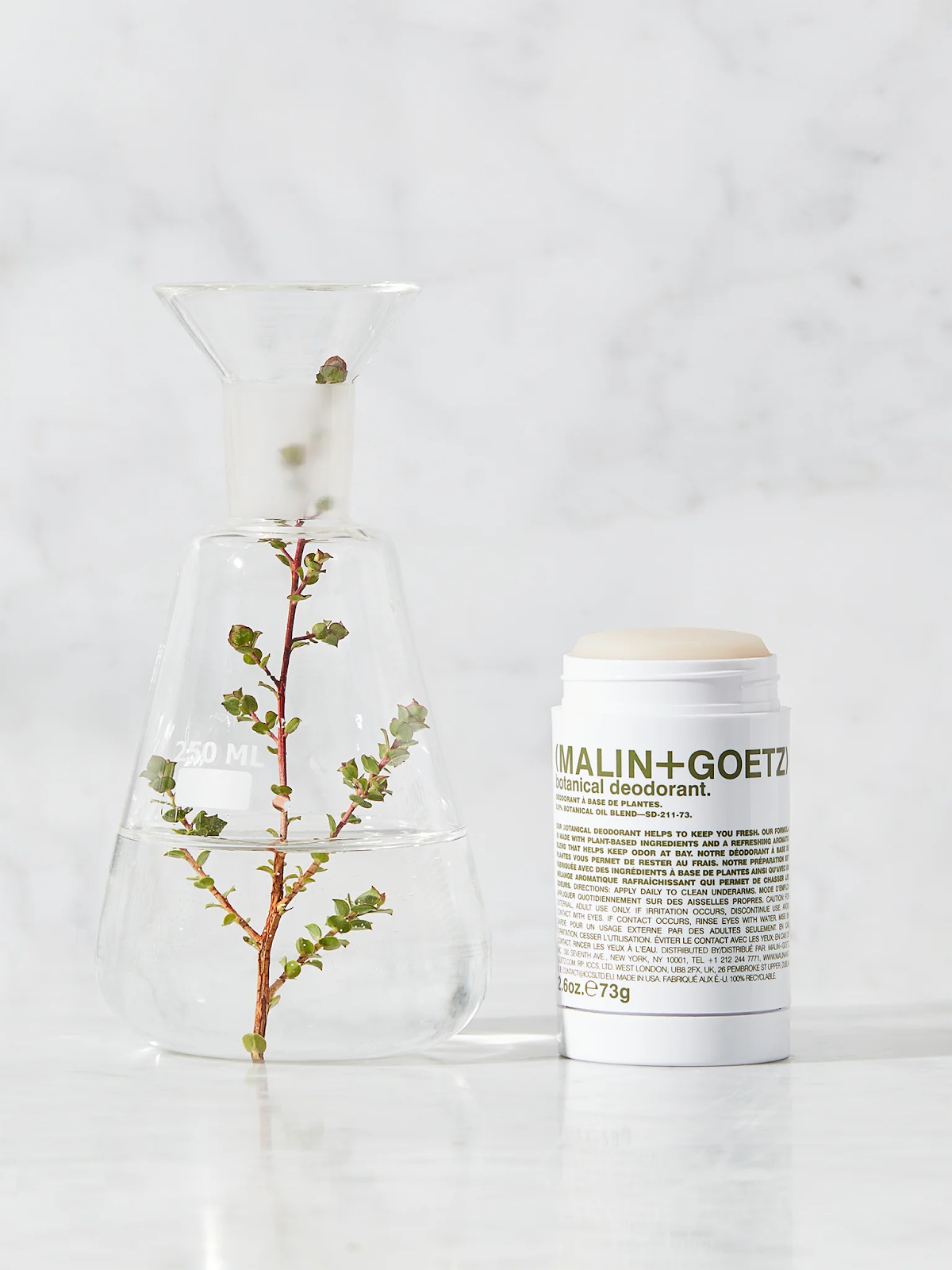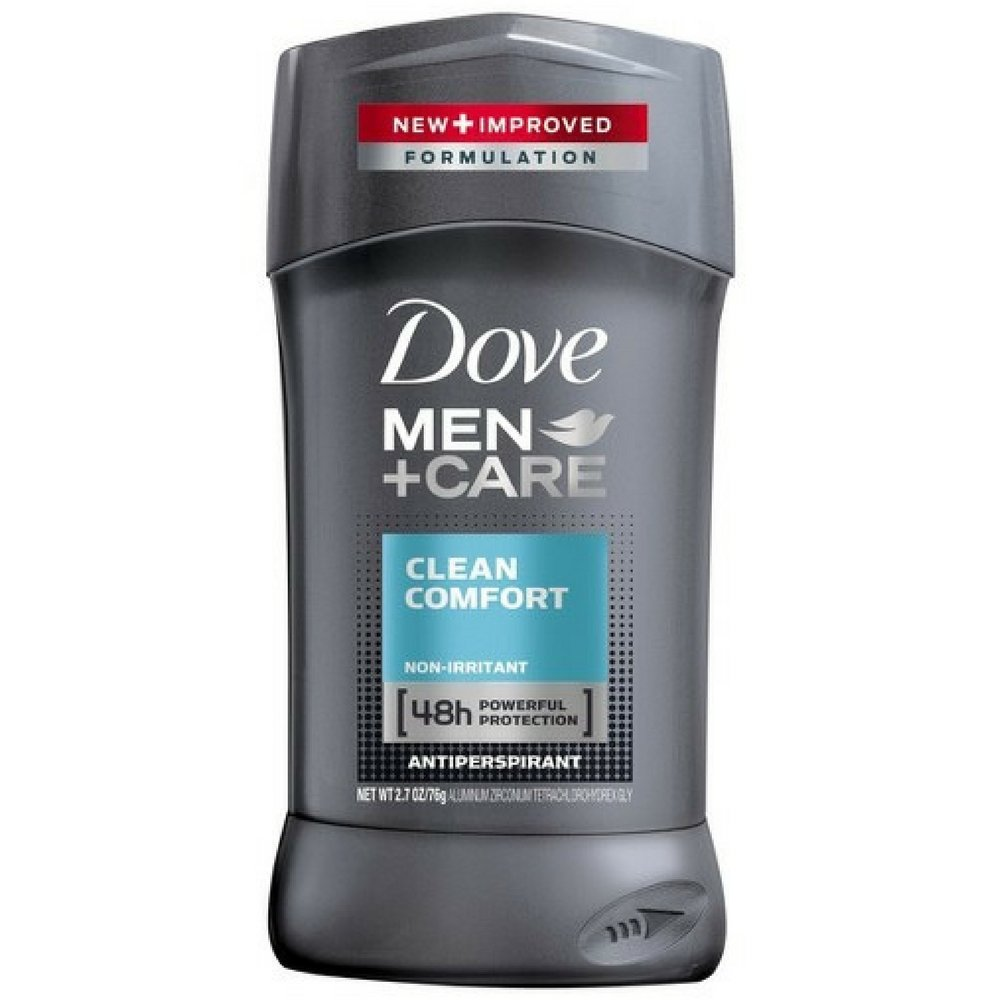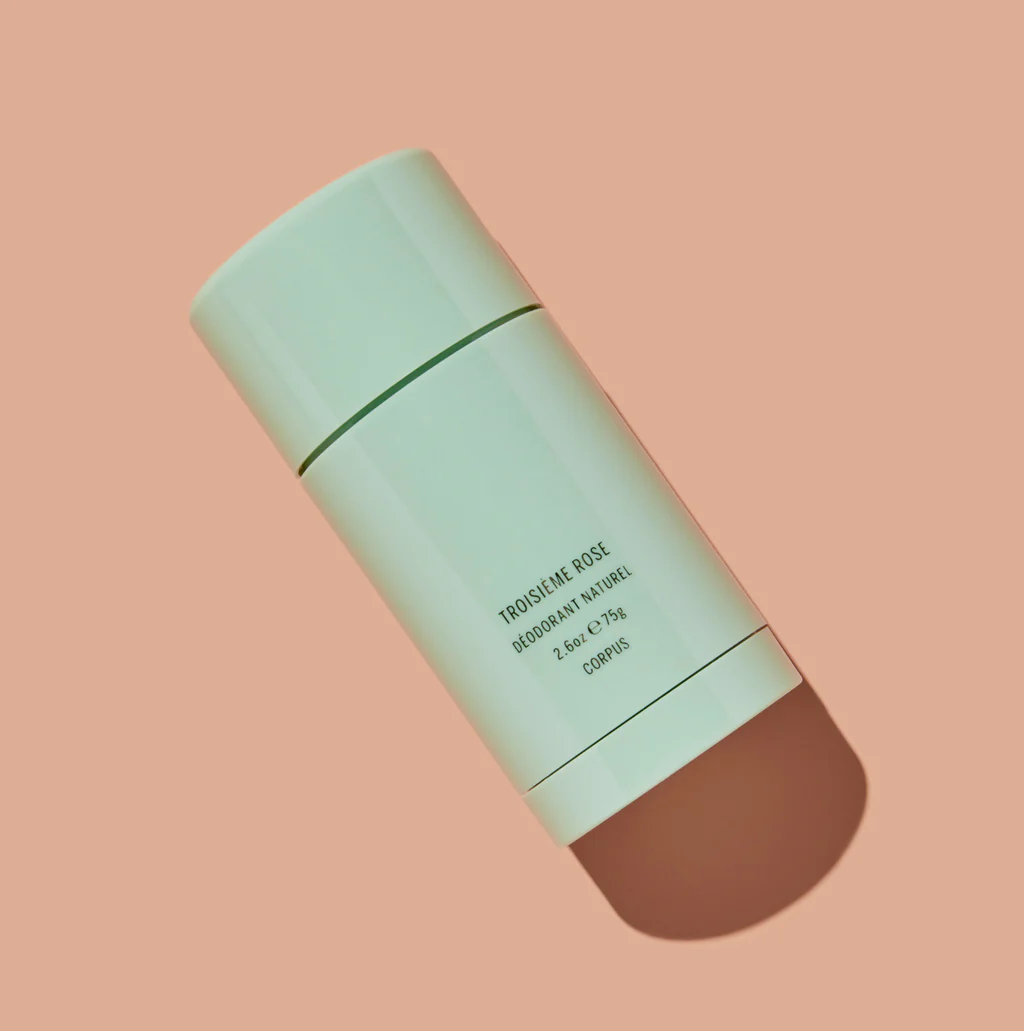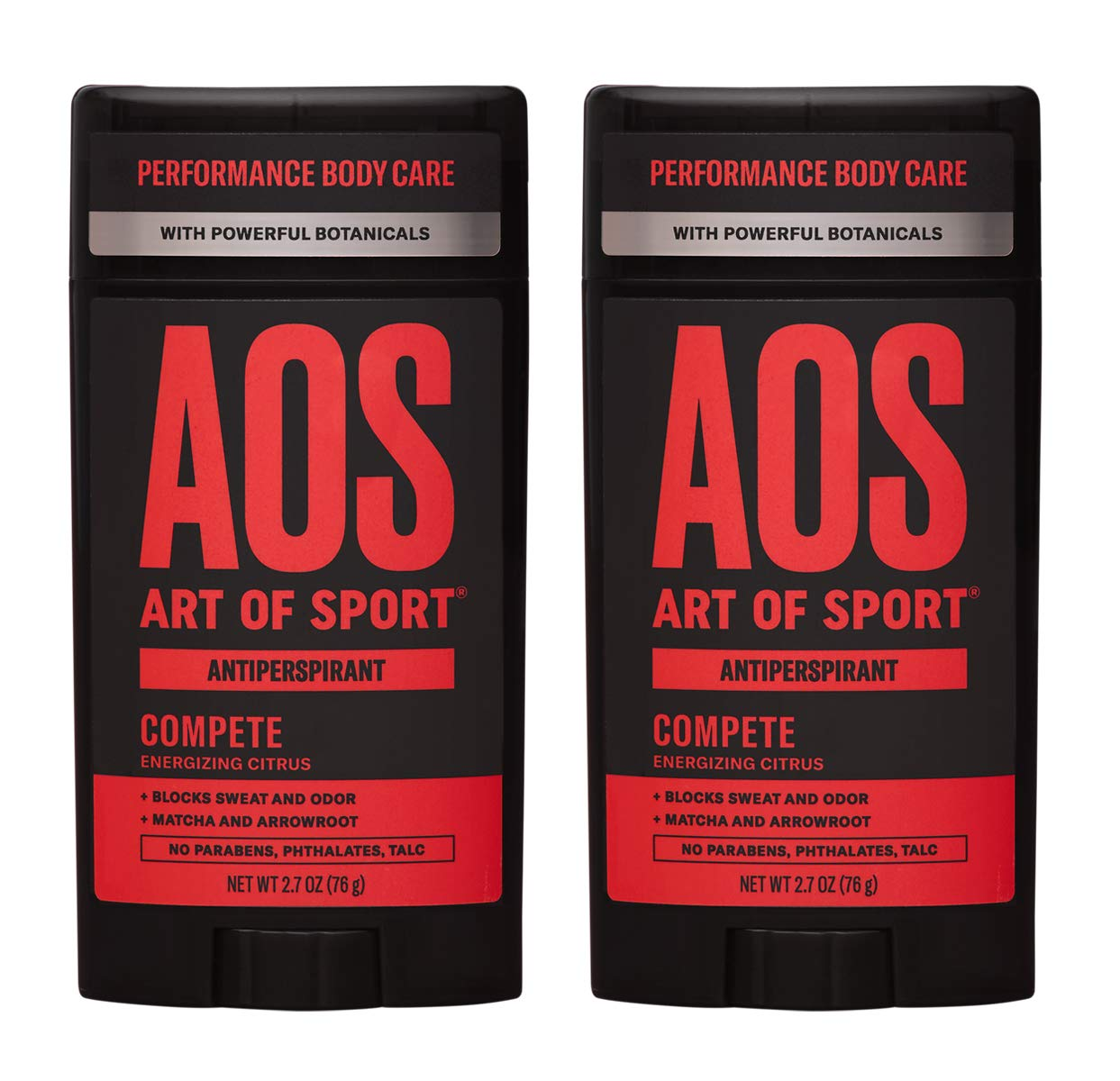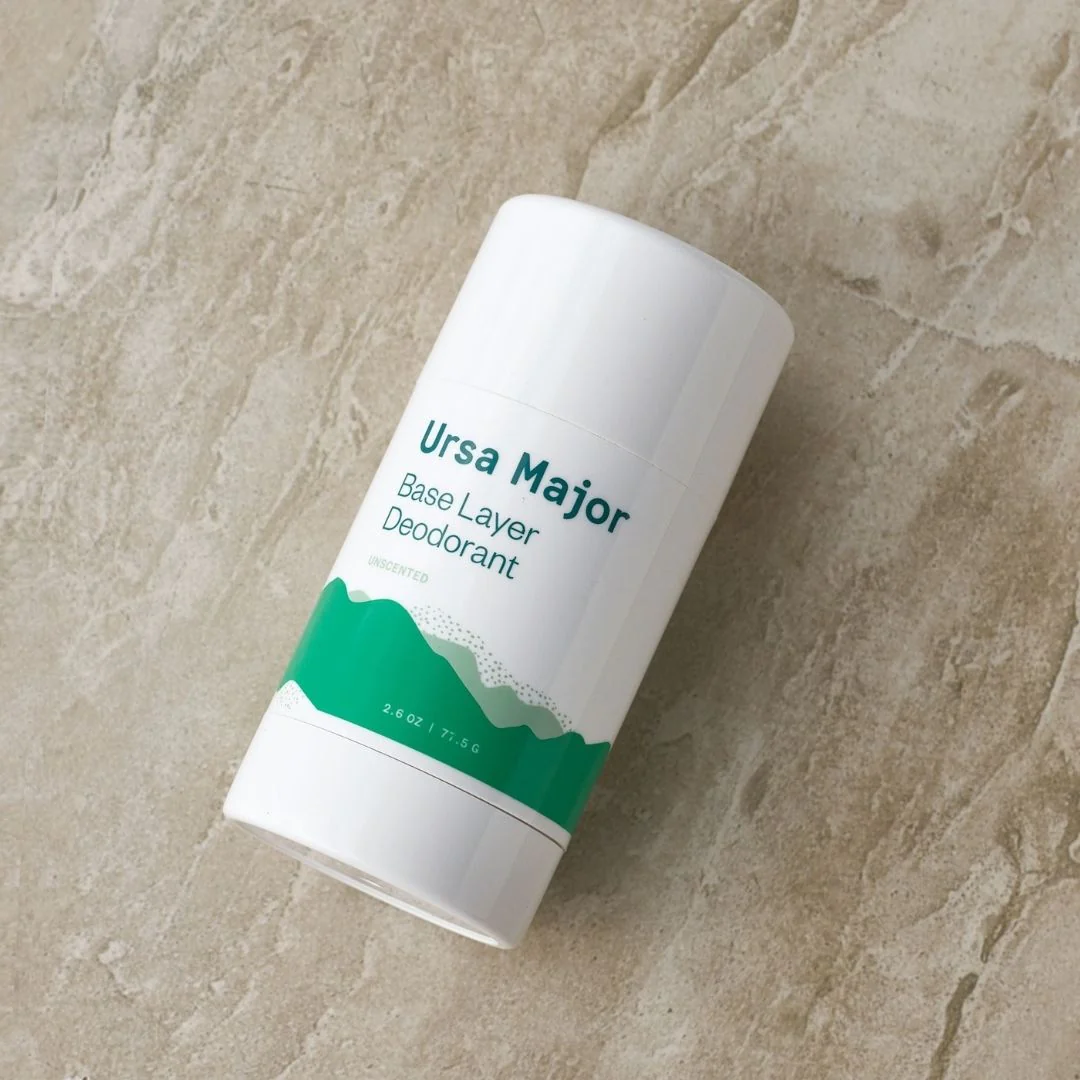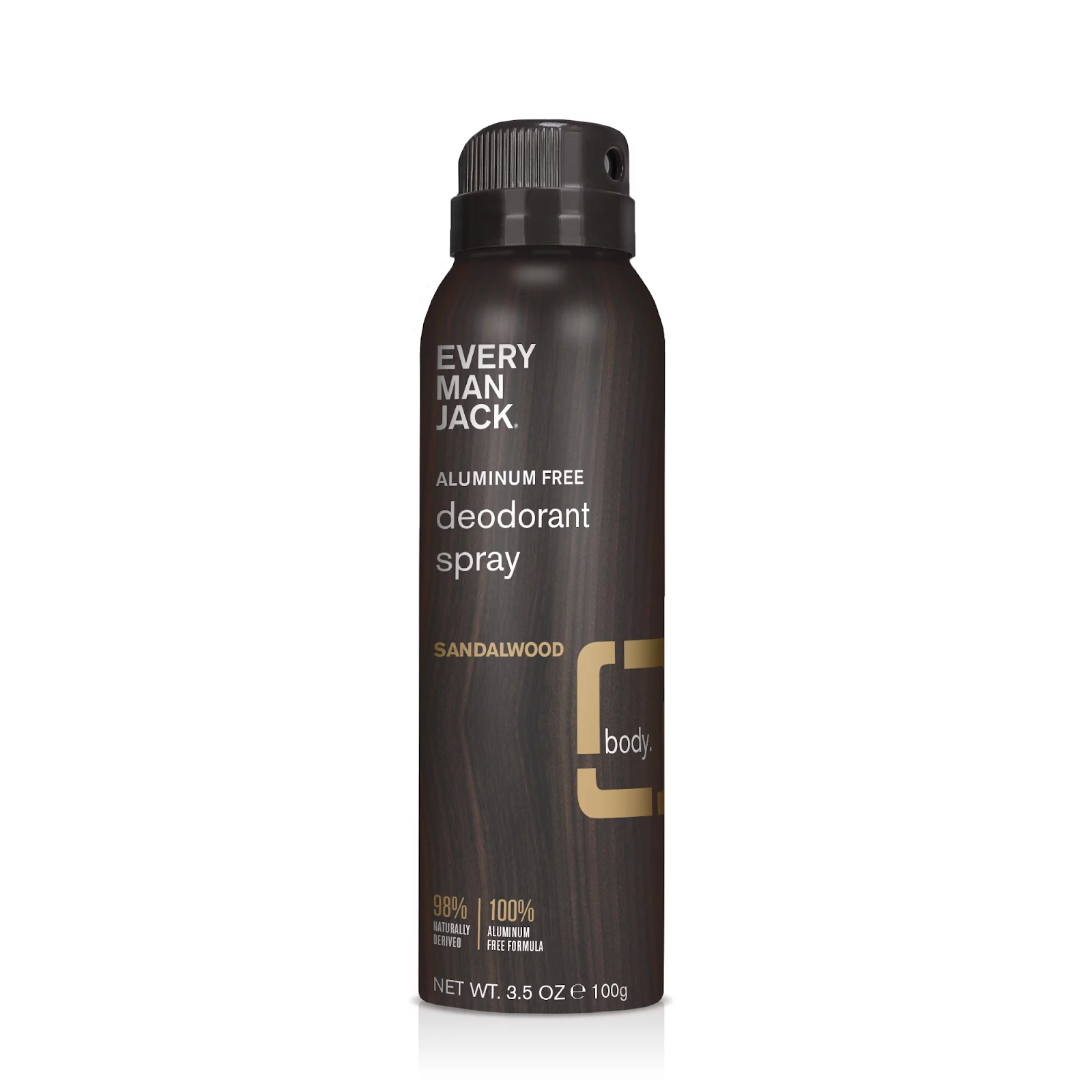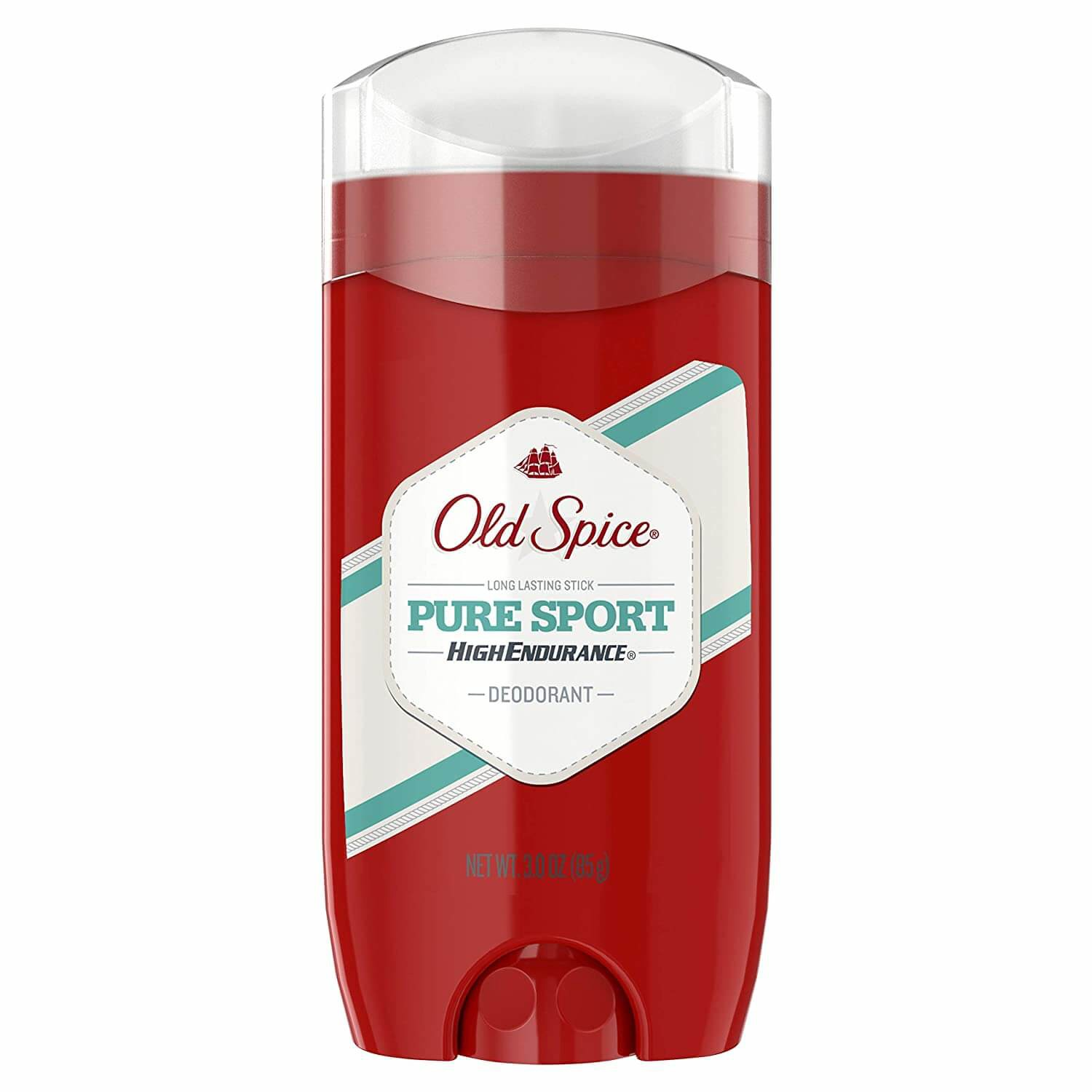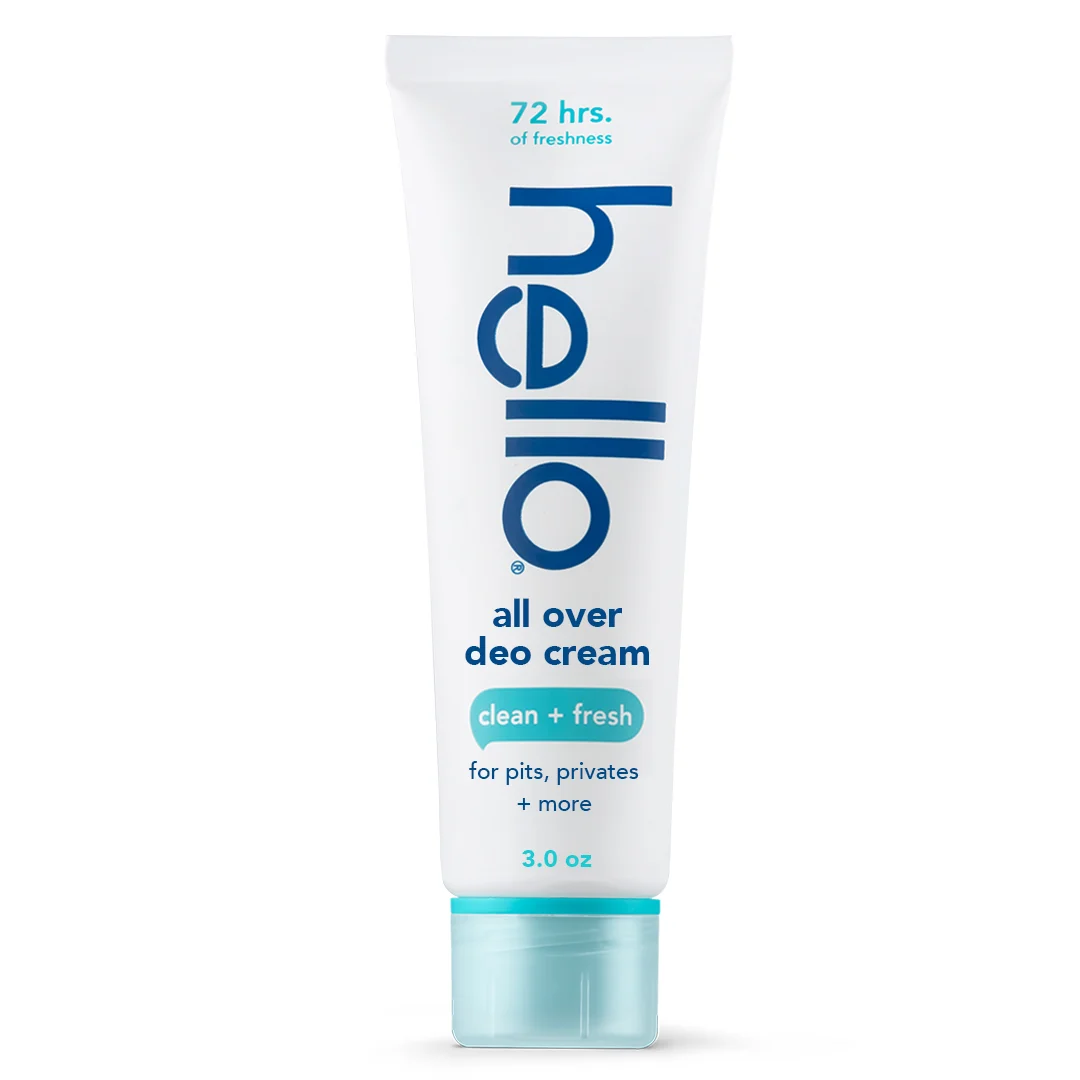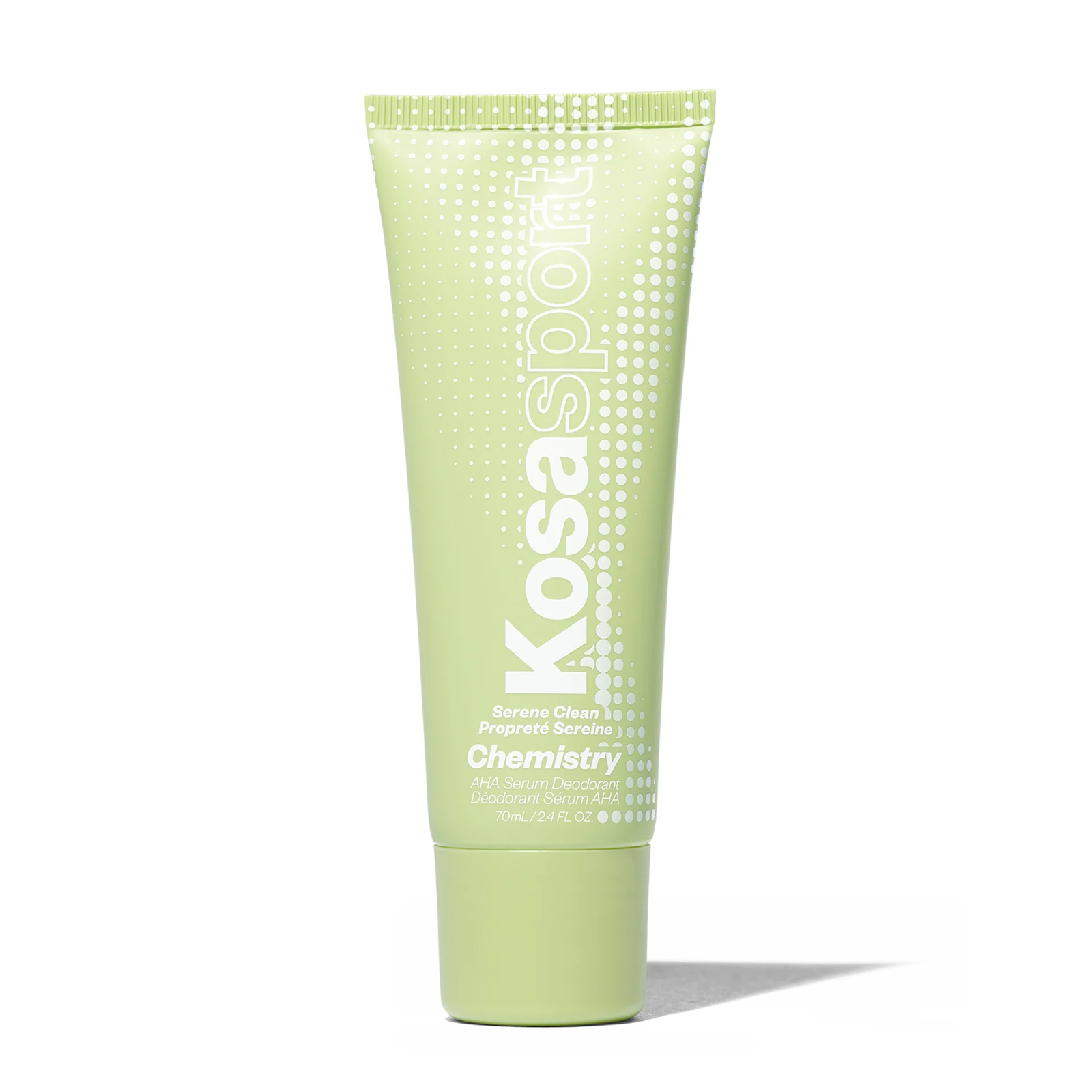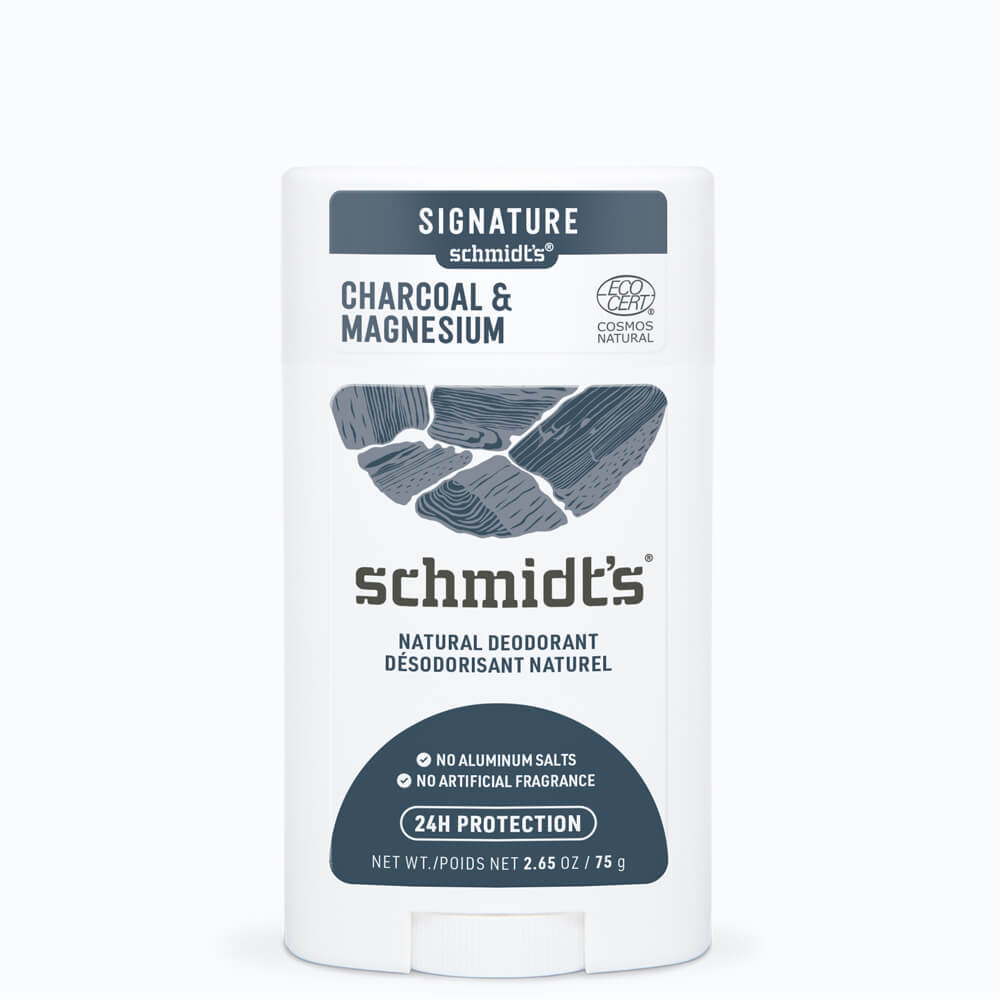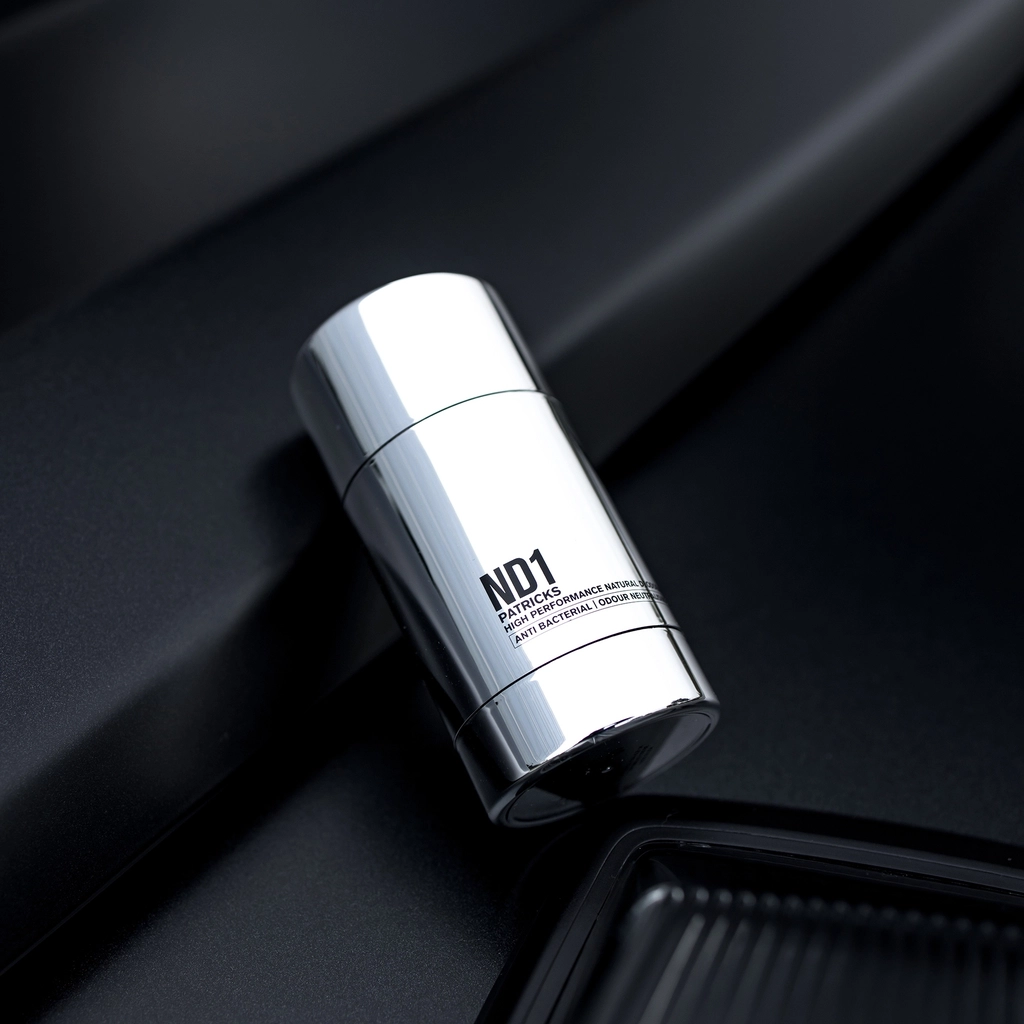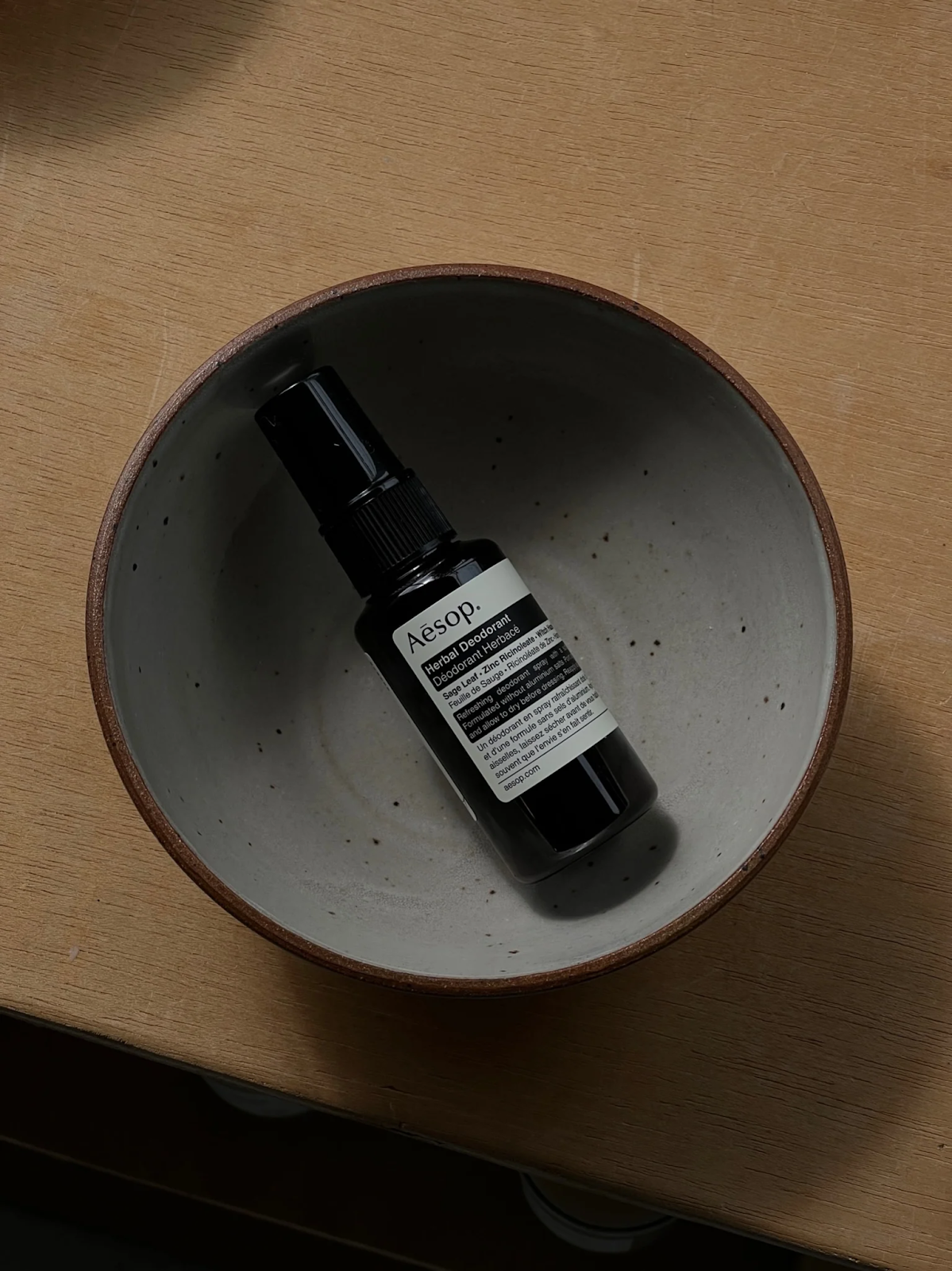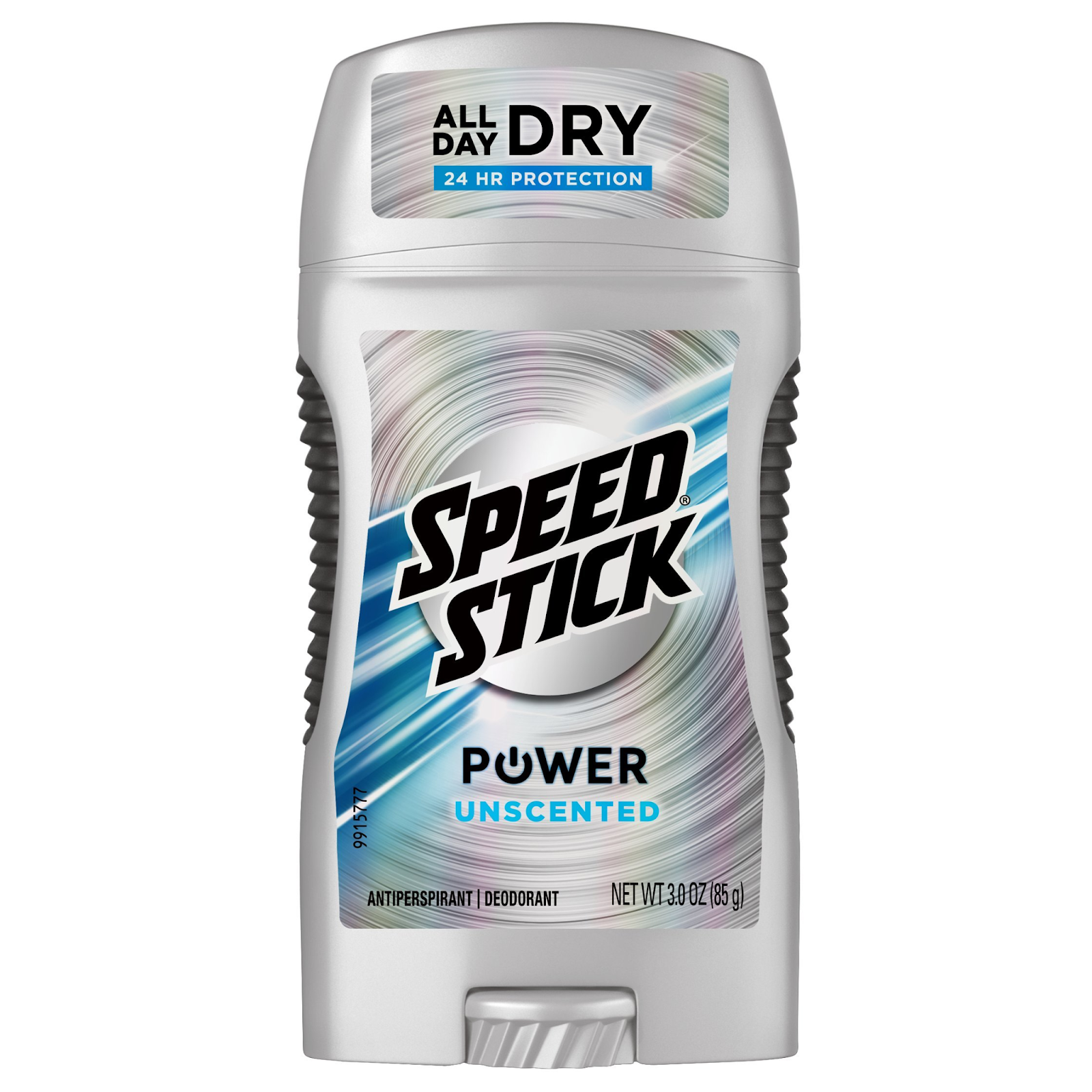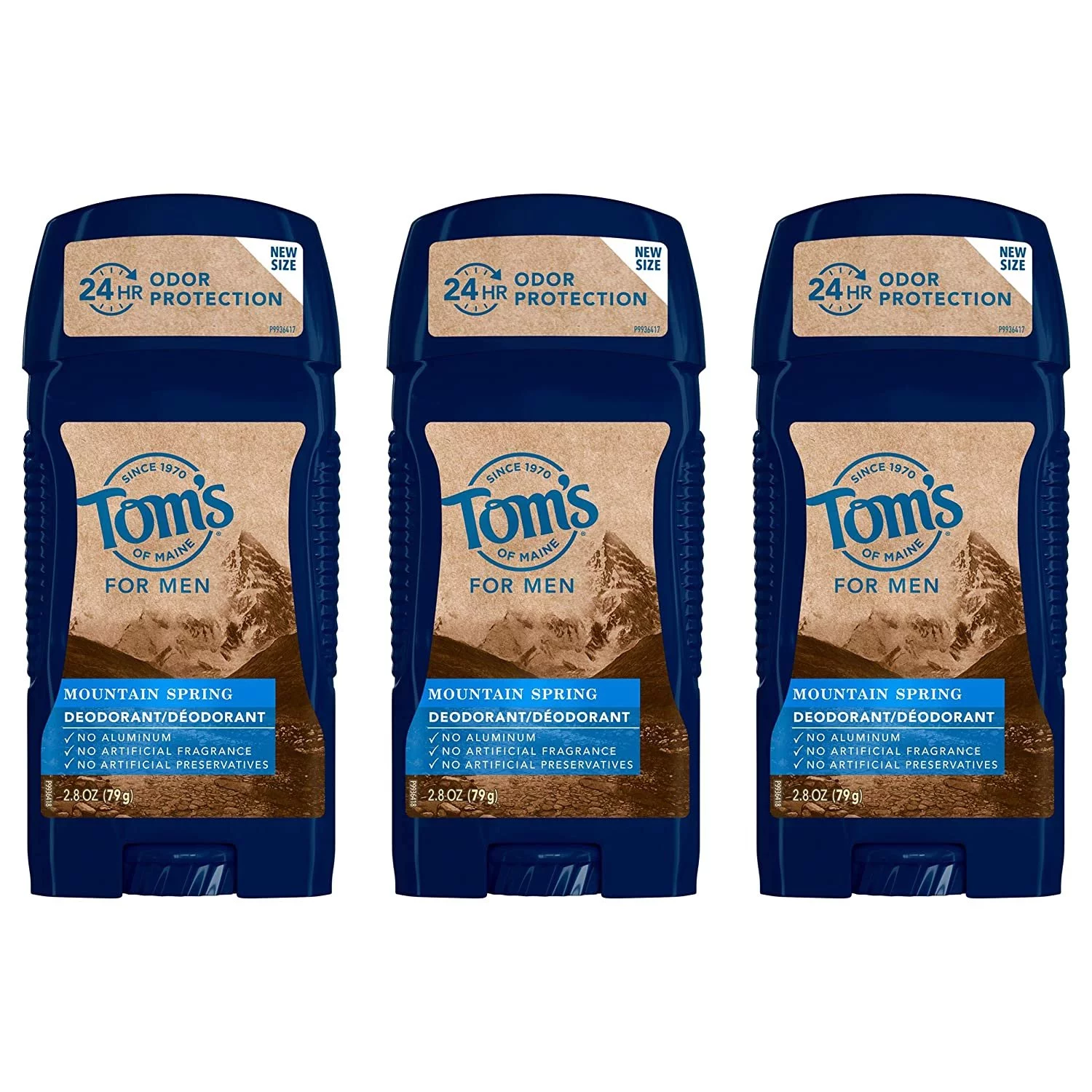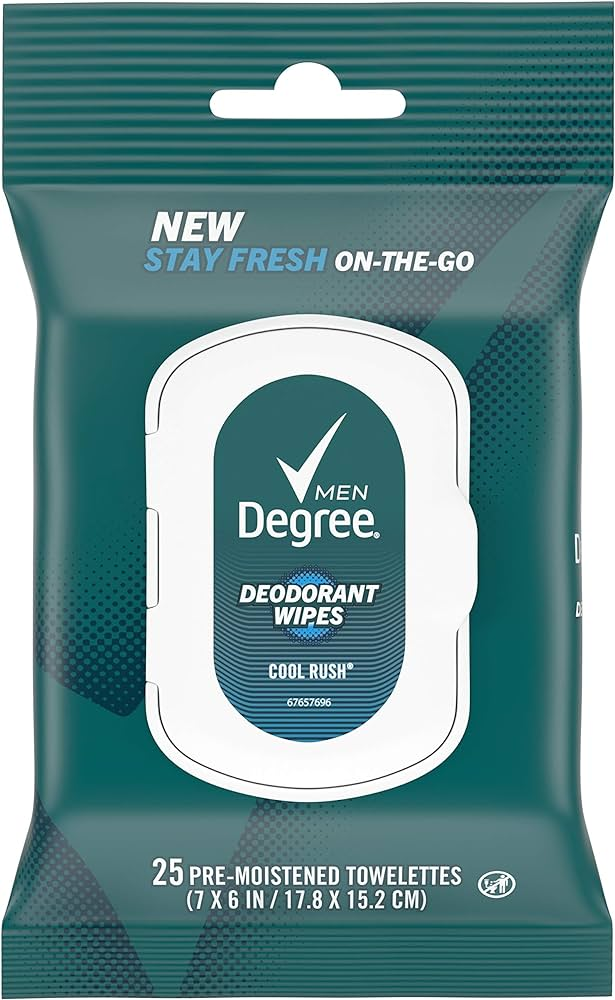Making your own deodorant is easier than you might think—and surprisingly fun! The goal? To ditch harmful chemicals and replace them with something natural you can whip up in your kitchen.
Take tapioca starch, for example. It’s fantastic at absorbing moisture from your underarms while being gentle on sensitive skin. While it doesn’t tackle odor (we’ll explore those solutions shortly), it’s a perfect reminder of how simple, earth-derived ingredients can transform your skincare routine with effective, natural alternatives.
WHY ARROWROOT POWDER IS A MUST-HAVE FOR YOUR DIY DEODORANT
Arrowroot powder, a natural starch extracted from the rhizomes of tropical plants, is a game-changer in creating a deodorant that’s not only effective but also kind to your skin.
WHY ARROWROOT POWDER WORKS
This versatile ingredient excels in DIY deodorants by promoting dryness without clogging pores and smoothing out the texture for easy application. It’s particularly well-suited for sensitive skin, offering a gentler alternative to baking soda—a popular yet potentially irritating choice for many.
While baking soda is known for neutralizing odors, its high alkalinity (around pH 9) can disrupt your skin’s natural pH balance, leading to irritation or even damage over time. In contrast, arrowroot powder’s pH is closer to 7, aligning with the skin’s natural levels and reducing the risk of irritation.
BENEFITS OF ARROWROOT POWDER IN DEODORANT
- Gentle and pH-Balanced: With a neutral pH, arrowroot is less likely to cause the skin irritation that baking soda often triggers, especially with regular use.
- Absorbs Moisture: It effectively absorbs sweat and keeps you dry without blocking pores. Unlike cornstarch, which can create an environment that encourages yeast growth, arrowroot helps maintain healthier skin conditions.
- Smooth Texture: Its silky consistency makes application a breeze, giving your deodorant a luxurious feel compared to grittier alternatives like diatomaceous earth or rice flour.
While arrowroot is generally gentle, individual reactions can vary. Always start with a small batch and perform a patch test before committing to regular use.
WILL ARROWROOT NEUTRALIZE ODORS?
On its own, arrowroot doesn’t have odor-neutralizing properties. However, when combined with other ingredients like coconut oil, essential oils, or even a small amount of baking soda (for those who tolerate it), it creates a balanced and effective deodorant.
- Coconut Oil: Naturally antibacterial, it helps reduce odor-causing bacteria.
- Essential Oils: Options like tea tree or lavender bring antimicrobial benefits while adding a pleasant scent.
- Minimal Baking Soda: If your skin can tolerate it, a small amount provides added odor control without overwhelming the formula.
The key is to find the right combination of ingredients to manage both moisture and odor effectively. With a little experimentation, you can create a deodorant that not only nurtures your skin but showcases the powerful benefits of arrowroot powder.
Let’s get started—your perfect DIY deodorant awaits!
STEP-BY-STEP DIY ARROWROOT DEODORANT RECIPES: MIX, POUR, APPLY!
The recipes are measured in cups, and each batch is designed to last a while, giving you plenty of time to test and refine what works best for you.
Don’t stress about getting the measurements perfect on your first attempt. A good rule of thumb is to maintain a 2:1 ratio of dry to wet ingredients. This ensures the deodorant has a smooth, easy-to-apply texture and effectively keeps you dry.
If you’re exploring commercial natural deodorants (vegan and baking soda-free), I recommend trying Each & Every Cedar and Vanilla, Primal Pit Paste by Pretty Frank, the minimalist Humble Deodorant with Bergamot and Ginger, or Gaia’s Guy Lavender and Vanilla Cream Deodorant. Unsure which to choose? Test them all! That’s my go-to strategy—it saves time and money in the long run by helping me find the perfect match.
SIMPLE RECIPE FOR BEGINNERS

This recipe is an excellent starting point for anyone transitioning to natural deodorants. It’s easy to make, effective, and customizable, making it a fun and rewarding introduction to natural skincare.
Ingredients
- Arrowroot Powder (¼ cup): Absorbs moisture and ensures a smooth, non-irritating application.
- Coconut Oil (¼ cup): Acts as a base, hydrates the skin, and has natural antibacterial properties.
- Shea Butter (¼ cup): Adds a creamy texture while soothing and conditioning the skin.
- Essential Oil (10-15 drops, optional): Provides fragrance and additional antibacterial benefits. Lavender or tea tree are great options for their odor-fighting and skin-friendly properties.
How to Make It
- Gently melt the shea butter and coconut oil together using a double boiler or in the microwave in short intervals.
- Remove from heat and stir in the arrowroot powder until the mixture is smooth and fully combined.
- Add your chosen essential oils and mix well.
- Pour the mixture into an empty deodorant container or a small jar, then let it cool and solidify.
Why It’s Great for Beginners
- It uses only a few easy-to-find ingredients.
- There’s no need for complicated equipment or precise temperature control.
- The recipe is flexible, so you can adjust it to suit your preferences and skin type.
Additional Tips
- In warmer climates, you can add a small amount of candelilla wax to help the deodorant hold its shape.
- If you have sensitive skin, reduce or omit the essential oils.
ULTRA-GENTLE DEODORANT

For those with ultra-sensitive skin, this soothing deodorant offers effective odor control without irritation.
Ingredients
- Arrowroot Powder (¼ cup): Absorbs moisture gently.
- Shea Butter (¼ cup): Moisturizes and calms the skin.
- Coconut Oil (¼ cup): Smooths application and has antibacterial properties.
- Magnesium Hydroxide (2 tablespoons): Neutralizes odor without disturbing the skin’s natural pH.
How to Make It
- Melt the shea butter and coconut oil together.
- Stir in the arrowroot powder and magnesium hydroxide until smooth.
- Add a few drops of gentle essential oils for fragrance, if desired.
- Pour into an empty deodorant container and allow to solidify.
Why It’s Special
This formula avoids baking soda, a common irritant, and uses magnesium hydroxide for gentle odor control. Combined with the soothing properties of shea butter and coconut oil, it keeps you fresh without irritation.
Additional Tips
- Add 1 tablespoon of candelilla wax for a firmer consistency in warmer climates.
- Boost its soothing effects with a teaspoon of vitamin E oil or aloe vera gel.
DETOX DEODORANT RECIPE

Ideal for those seeking a purifying deodorant, this recipe combines the detoxifying benefits of charcoal and clay to keep you fresh while drawing out impurities.
Ingredients
- Arrowroot Powder (¼ cup): Absorbs moisture.
- Coconut Oil (¼ cup): Provides a smooth application and antibacterial benefits.
- Shea Butter (¼ cup): Soothes and moisturizes.
- Activated Charcoal (1 tablespoon): Draws out toxins and purifies the skin.
- Bentonite Clay (2 tablespoons): Enhances detoxification and odor protection.
- Essential Oils (10-15 drops): Tea tree or peppermint for a refreshing scent and antimicrobial properties.
How to Make It
- Melt the shea butter and coconut oil in a double boiler.
- Remove from heat and mix in the arrowroot powder, activated charcoal, and bentonite clay until smooth.
- Stir in essential oils.
- Pour the mixture into an empty deodorant container and let it solidify at room temperature or in the fridge.
Why It’s Special
The activated charcoal and bentonite clay work together to detoxify the skin and fight bacteria. Essential oils add a pleasant scent and boost antibacterial properties.
Additional Tips
- Adjust consistency by adding more coconut oil if it’s too thick or more arrowroot powder if it’s too soft.
- Start with fewer essential oils if you have sensitive skin, then adjust as needed.
- When switching to a detox deodorant, give your body 1–2 weeks to adapt. You may experience increased sweating or odor initially as toxins are expelled, which is a normal part of the process.



